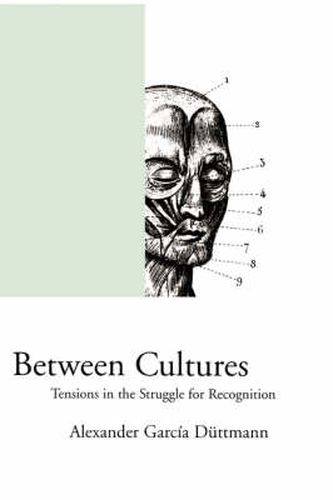Whenever an individual asks to be recognized, he asks for confirmation of what he believes himself to be. But he also asks for an establishing act which brings about what he is not yet and what he will be only once he has been recognized. Recognition is thus marked by a tension between two incompatible demands, a tension which triggers a struggle for recognition. Between Cultures is a philosophical attempt to discuss issues related to multiculturalism in the light of this struggle for recognition. Moving effortlessly between philosophy, psychoanalysis, sociology, political theory and literature, it refers to the work of Adorno, Derrida, Freud, Hegel, Heidegger, Rawls, Walzer and Wittgenstein to describe a historical and critical politics of recognition. It also addresses questions of national and sexual identities, with particular reference to the notion of a gay identity in the context of Aids.





